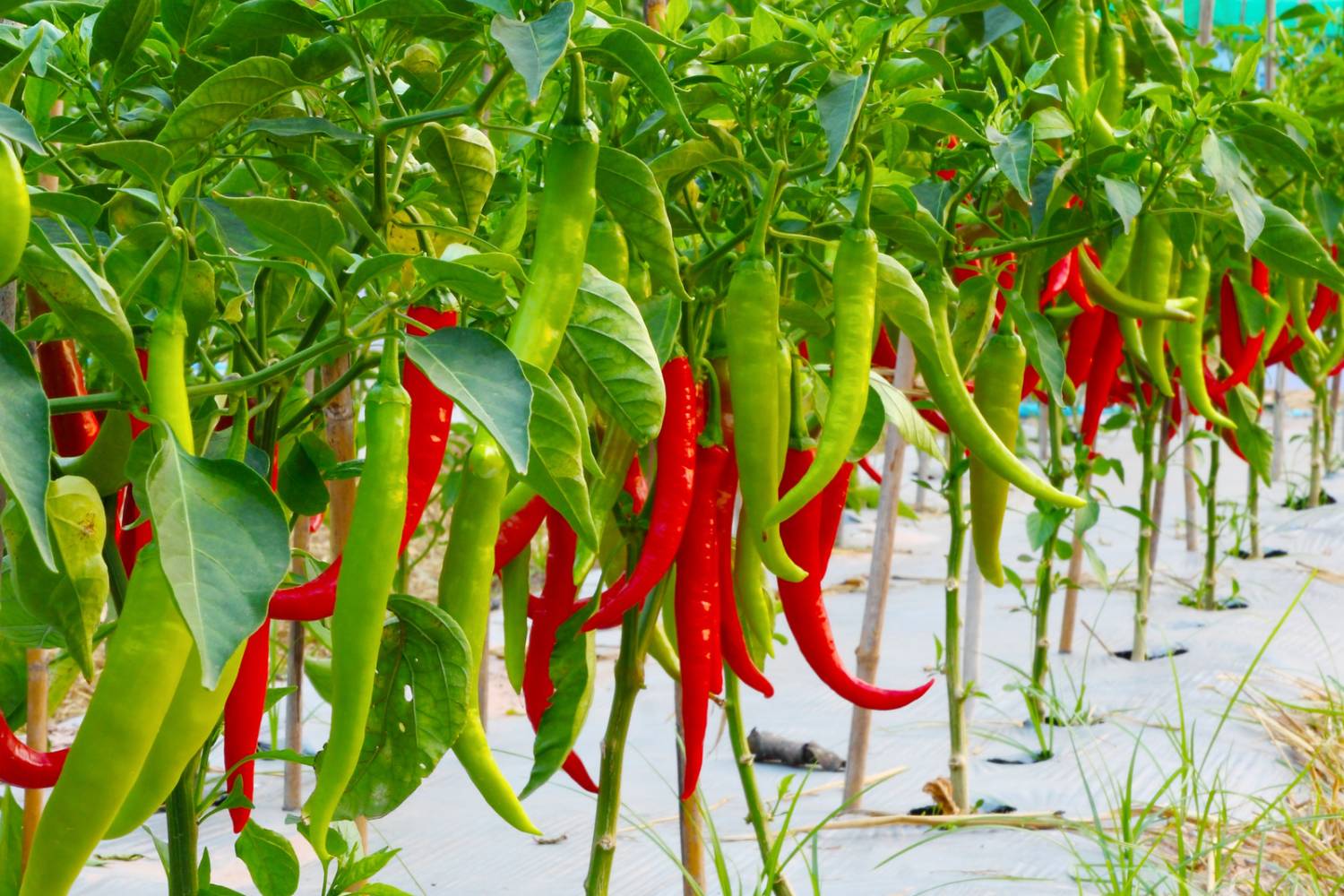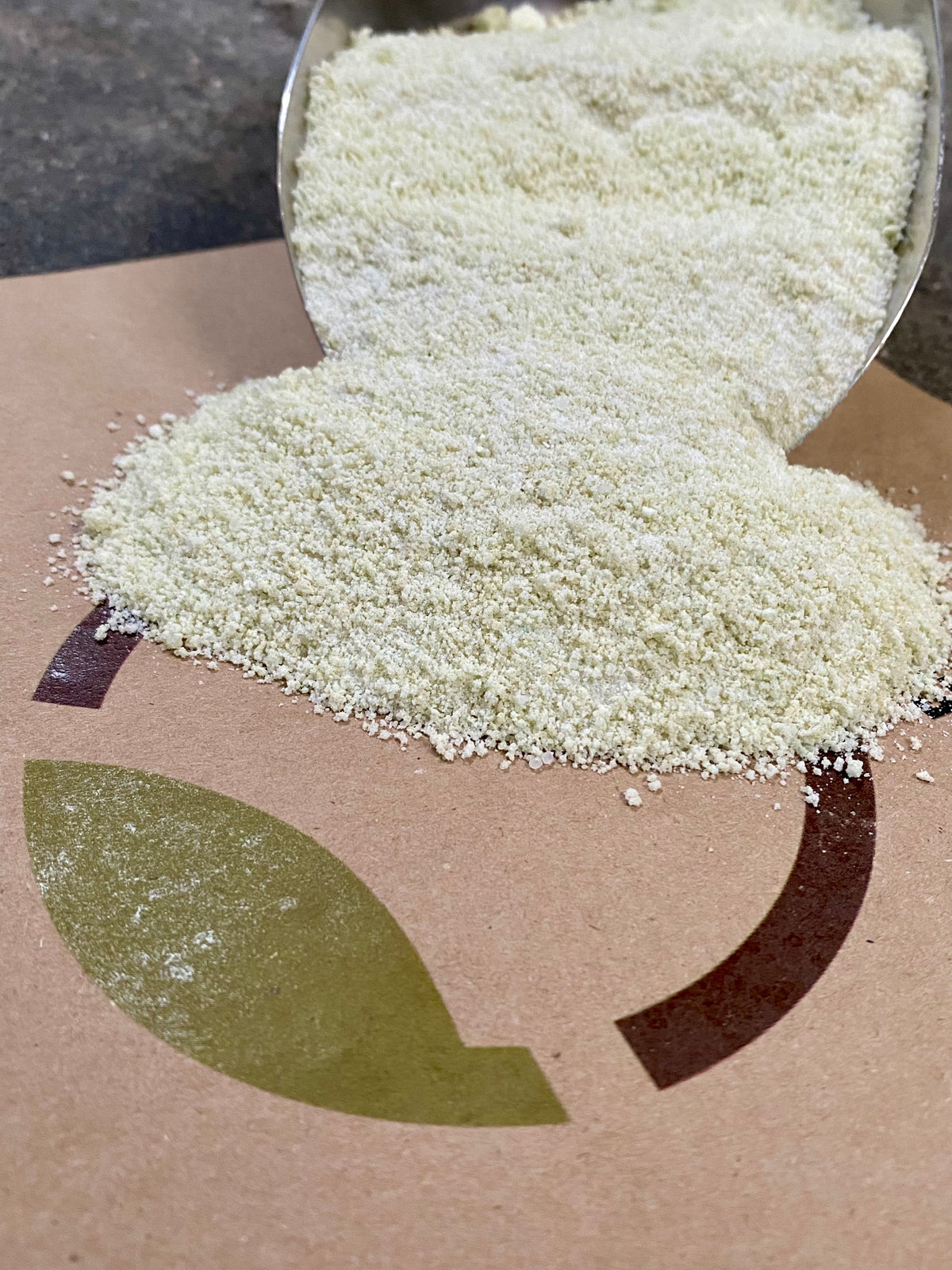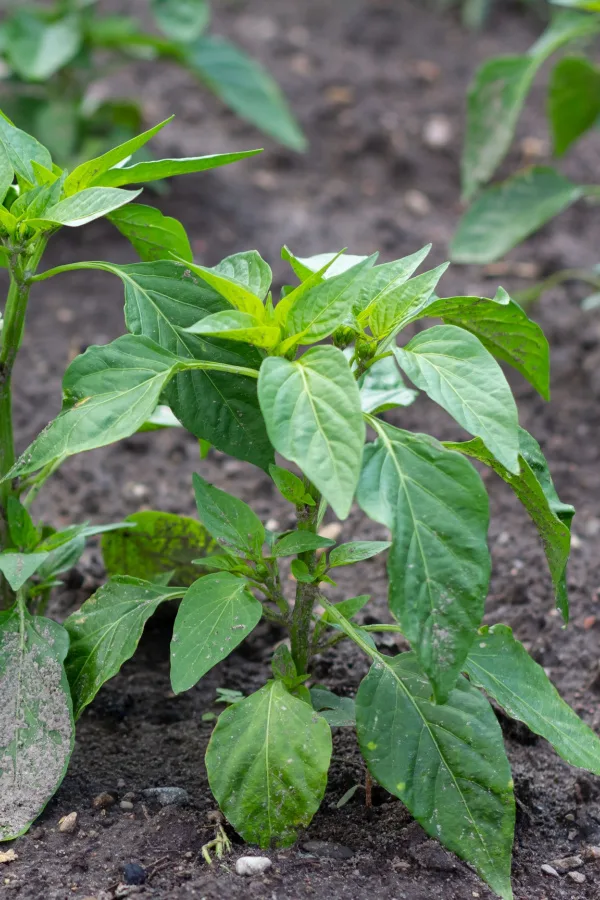Best Fertilizers for Peppers: Accomplish Superior Results in Your Garden
Best Fertilizers for Peppers: Accomplish Superior Results in Your Garden
Blog Article
Exactly How Plant Foods Play an Important Duty in Cultivating Abundant and healthy and balanced Pepper Crops
Fertilizers serve as the foundation of effective pepper cultivation, providing a strategic technique to nourishing the soil and fostering ideal plant development. The intricate dance in between important nutrients and the pepper plants' physical processes highlights the pivotal role that fertilizers play in guaranteeing an abundant harvest. From sustaining durable root advancement to bolstering illness resistance, the effect of fertilizers is significant in the cultivation of healthy and productive pepper plants. Keep tuned to reveal the nuanced means in which plant foods add to the prospering of pepper plants and the lasting techniques that underpin their efficacy.
Importance of Nutrient-Rich Plant Foods
The usage of nutrient-rich plant foods plays a critical role in boosting the efficiency and quality of pepper plants in contemporary agricultural methods. Potassium, nitrogen, and phosphorus are primary nutrients that are critical for the development and growth of pepper plants.
Insufficient degrees of these nutrients can lead to stunted growth, minimized yields, and sensitivity to diseases (best fertilizers for peppers). Nutrient-rich plant foods give a targeted solution to make sure that pepper plants obtain the required components for optimal growth and efficiency. Furthermore, these plant foods assist boost dirt fertility in time, producing a sustainable environment for lasting pepper growing
Enhancing Plant Growth and Development
To enhance plant development and growth in pepper crops, critical application of nutrient-rich plant foods is crucial. Fertilizers play a vital duty in boosting the general wellness and productivity of pepper plants by supplying them with vital nutrients that might be doing not have in the dirt.
Iron, for circumstances, is necessary for chlorophyll manufacturing, which is important for photosynthesis and total plant growth. Zinc plays a vital function in enzyme activity and hormonal agent synthesis, impacting plant development and development at a mobile level.

Boosting Disease Resistance With Plant Foods
By tactically incorporating targeted plant foods, farmers can boost the illness resistance of pepper plants, making certain ideal plant health and productivity. Plant foods having crucial nutrients like nitrogen, potassium, and phosphorus play an important role in strengthening pepper plants' body immune systems, making them much more resistant to different diseases. Nitrogen, for example, help in the manufacturing of healthy proteins that are vital for plant defense systems. Phosphorus adds to root growth, enabling plants to much better absorb nutrients and water, therefore improving their capability to ward off illness. Potassium controls processes that improve overall plant health, making peppers much more durable versus microorganisms.

Maximizing Pepper Yield With Fertilizing
Using a well balanced fertilizing strategy is crucial to attaining optimum pepper return and making certain optimum plant productivity. By providing peppers with the right nutrients at the correct time, farmers can substantially enhance their yield potential. Potassium, nitrogen, and phosphorus are crucial components for pepper development, with nitrogen helping in fallen leave and stem advancement, phosphorus supporting origin development and flower formation, and potassium promoting overall plant health.
To maximize pepper return, it is crucial to carry out soil tests to determine existing vitamins and mineral degrees and identify any type of deficiencies that require to be attended to. Based upon these results, farmers can establish a tailored fertilizing plan that fulfills the certain needs of their pepper plants. In addition, appropriate fertilization techniques such as split applications throughout the expanding season can guarantee continuous vitamins and mineral accessibility for the plants.

Sustainable Fertilizer Practices for Peppers
In taking into consideration lasting fertilizer techniques for peppers, it is crucial to concentrate on lasting soil health and wellness and environmental stewardship along with maximizing crop performance. Lasting plant food techniques intend to maintain or enhance dirt fertility while minimizing adverse environmental influences. One crucial technique is using natural plant foods such as garden compost, manure, or cover crops, which not only offer vital nutrients to the peppers but also contribute to soil framework and Source microbial activity. These natural options help construct raw material in the dirt, boosting its capability to keep water and nutrients, thereby sustaining lasting plant health and wellness and resilience.
Additionally, accuracy farming techniques, such as soil testing and targeted nutrient applications, can aid enhance fertilizer usage, guaranteeing that peppers obtain the nutrients they require without excess overflow into rivers. This not just profits the atmosphere by reducing air pollution but read the article likewise conserves costs for farmers by decreasing waste. By adopting lasting plant food methods, pepper growers can safeguard the health of their crops, dirt, and surrounding environments for future generations.
Conclusion
In final thought, fertilizers are necessary for cultivating abundant and healthy pepper plants. best fertilizers for peppers. They supply essential nutrients for plant development and growth, boost disease resistance, and make best use of return. By applying sustainable fertilizer methods, farmers can make certain the long-lasting health and wellness of their pepper crops and contribute to a more environmentally-friendly and reliable farming system
The complex dance in between vital nutrients and the pepper plants' physiological procedures highlights the crucial function that fertilizers play in making certain a plentiful harvest.To optimize plant development and development in pepper plants, calculated application of nutrient-rich plant foods is necessary. Fertilizers play a crucial duty in boosting the general wellness and efficiency of pepper plants by offering them with browse around these guys crucial nutrients that might be doing not have in the dirt.By strategically integrating targeted plant foods, farmers can boost the disease resistance of pepper crops, making certain optimum plant health and wellness and efficiency. Plant foods including necessary nutrients like phosphorus, nitrogen, and potassium play an important role in reinforcing pepper plants' immune systems, making them a lot more resistant to different diseases.
Report this page